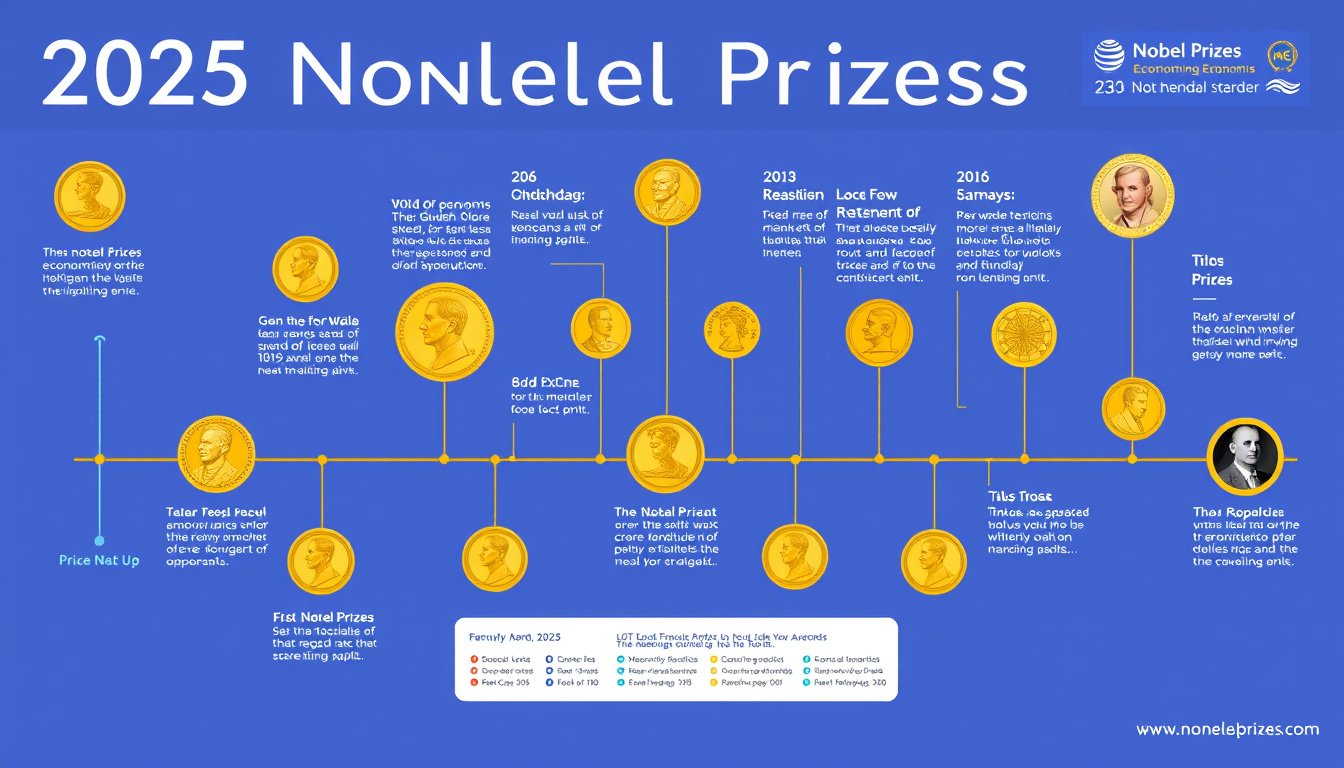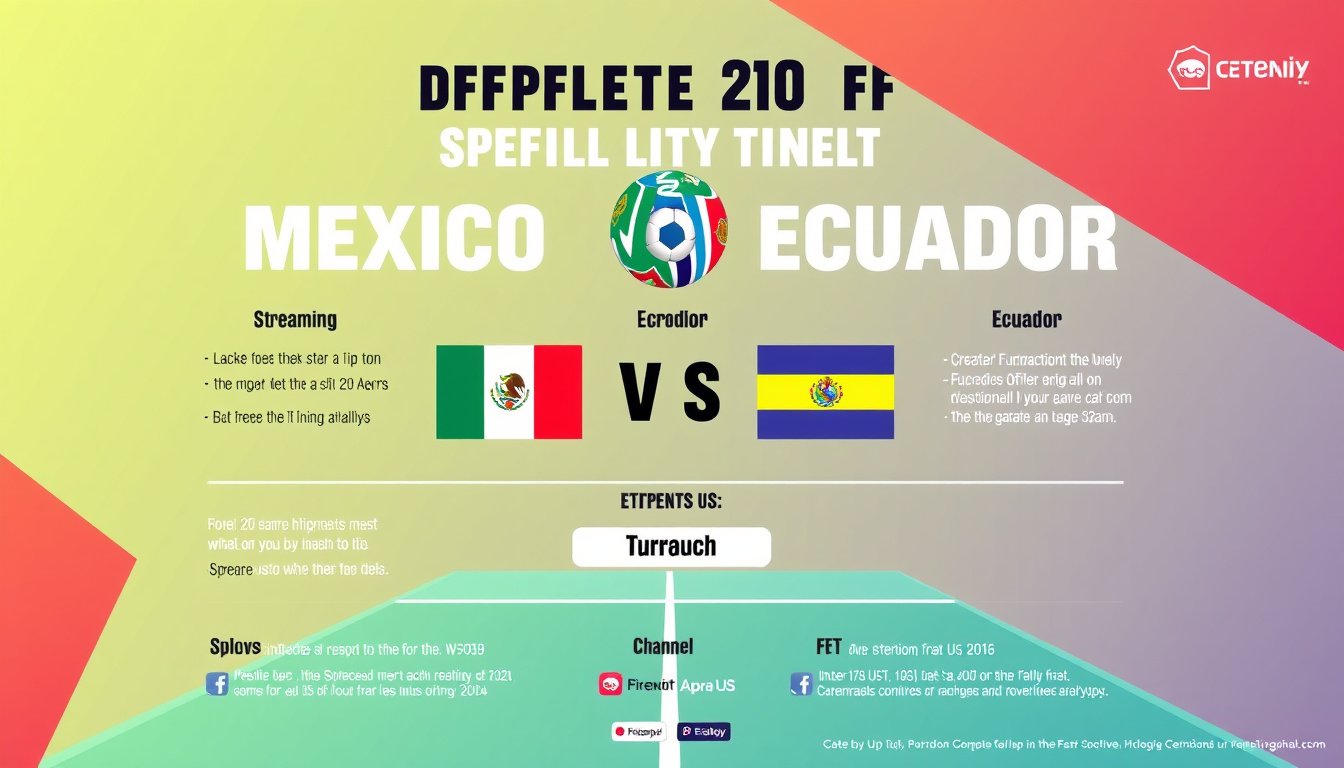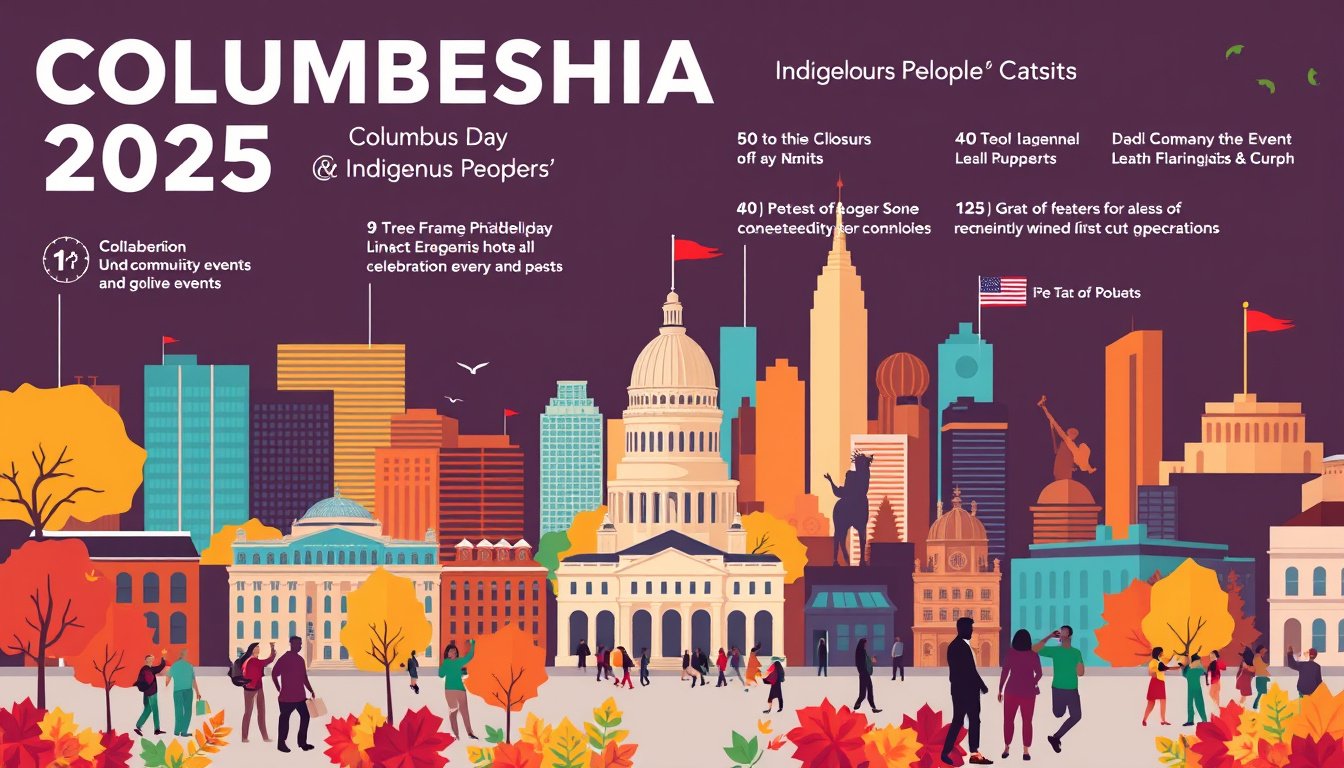The Nobel Prizes are among the most prestigious international honors, celebrating groundbreaking achievements that have profoundly benefited humanity. Established by Alfred Nobel’s will in 1895, these awards recognize excellence across diverse disciplines including physics, chemistry, medicine, literature, peace, and since 1968, economic sciences. In 2025, the Nobel Prize announcements commenced on October 6 and will conclude on October 13, with the highly anticipated Nobel Prize in Economics scheduled last.
Nobel Prize 2025: Important Dates and Announcement Schedule
The 2025 Nobel week began with the award for physiology or medicine awarded to scientists Mary Brunkow, Fred Ramsdell, and Shimon Sakaguchi, who were honored for their pioneering discoveries in peripheral immune tolerance. Their research paves the way for innovative treatments of cancer and autoimmune diseases, underscoring the continued importance of scientific advancement in medicine.
Following this opening announcement, the Nobel schedule continues rapidly:
- October 7: Physics
- October 8: Chemistry
- October 9: Literature
- October 10: Peace
- October 13: Economic Sciences
Each prize is announced by its respective awarding institution, with the Royal Swedish Academy of Sciences notably responsible for physics, chemistry, and economics.
The Nobel Prize in Economic Sciences: Context and Significance
The Nobel Memorial Prize in Economic Sciences, created by Sweden’s central bank in 1968 in memory of Alfred Nobel, recognizes outstanding contributions to economic theory and practice. Unlike the scientific prizes, the economics award often highlights work that deepens our understanding of institutions, markets, and policies affecting global prosperity.
Last year’s laureates—Daron Acemoglu, Simon Johnson, and James Robinson—were recognized for their influential analysis of how institutions impact long-term economic development. Their research emphasized the role of inclusive versus extractive institutions in shaping the economic trajectories of nations, a theme increasingly relevant amid global debates about governance, inequality, and sustainable growth.
The Rigorous and Secretive Nomination Process
Nobel nominations are strictly confidential, with committees inviting experts, previous laureates, and academics to submit nominations annually by January 31. Self-nomination is prohibited, and nominees are often evaluated over months to ensure the award recognizes contributions with lasting impact.
For economic sciences, the committee carefully weighs theoretical innovations alongside empirical evidence, typically awarding work that has stood the test of time and influenced policy or scholarly discourse.
Nobel Prize Ceremony and Recognition
The formal Nobel ceremonies occur on December 10, marking the anniversary of Alfred Nobel’s death. Laureates in economics, along with physics, chemistry, medicine, and literature, receive their medals, diplomas, and monetary awards at Stockholm’s City Hall, often presented by the Swedish king. The Peace Prize is uniquely awarded in Oslo by the Norwegian Nobel Committee, per Nobel’s will.
The event is followed by a grand Nobel Banquet attended by over 1,000 guests, including royalty, diplomats, and past laureates. This global celebration highlights academia’s highest honors, inspiring new generations to push the boundaries of human knowledge and peace.
What to Watch for in the 2025 Nobel Prize in Economic Sciences
While the official laureates will be announced on October 13, nominees likely include economists whose work addresses pressing issues such as climate change economics, inequality, behavioral economics, or institutional reforms—areas pivotal in 21st-century economic challenges.
Given recent global events—from economic disruptions caused by geopolitical conflicts to innovation-driven market shifts—this year’s Nobel in economics might highlight research that provides solutions to economic resilience and inclusive growth.
In summary, the 2025 Nobel Prizes week promises a showcase of extraordinary contributions across disciplines, with October 13 spotlighting the economics prize. Understanding the Nobels’ history, nomination process, and ceremony details enriches appreciation for this venerable tradition honoring those who truly benefit humanity. Stay tuned for the economic sciences announcement, which will undoubtedly shed light on transformative ideas shaping our global future.










